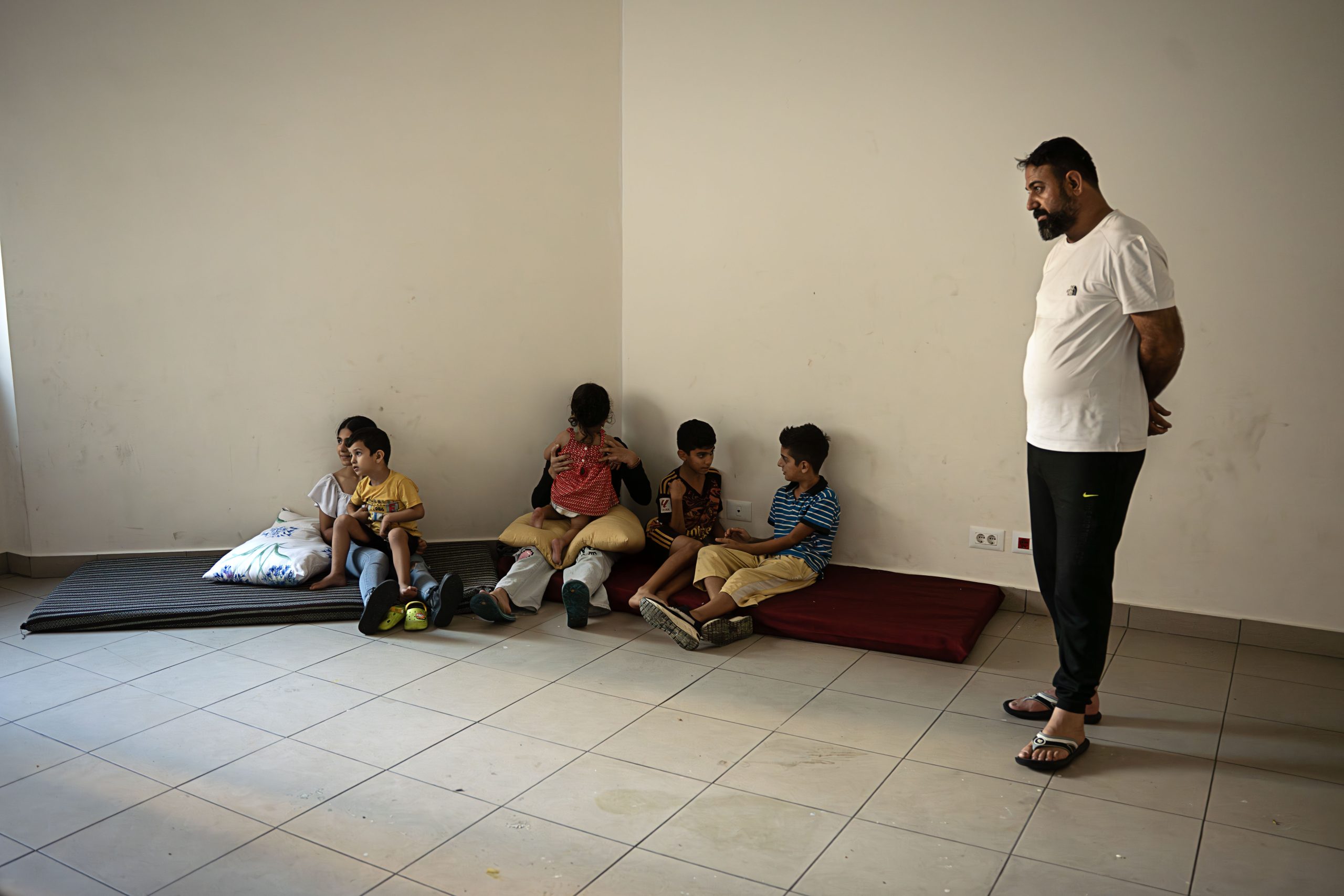The Course presents the key aspects of the international protection of refugees. The topics covered range from the analysis of International Refugee Law and its complementarity with other bodies of law to the different displacement phases. The causes that force people to flee, the protection risks encountered through the displacement cycle, and the search and implementation of durable and sustainable solutions are also examined. Additional refugee-related issues are further analysed through a cross-cutting approach, such as gender-based violence and the protection of internally displaced and stateless people. The Course is conducted in light of the developments generated by the Global Compact on Refugees.
The general objectives of the course are:
The Course is developed primarily to benefit senior and mid-level government officials involved in the formulation and application of legislation and policies affecting people in need of protection. Members of the civil society and the academia, who could positively influence the safeguard of refugees’ rights and advocate for the protection of uprooted and stateless persons, are also accepted as participants.
It is important for participants to have a very good knowledge of the language of the Course, in order to be able to consult background materials, attend lessons, and participate in group works and discussions (no simultaneous translation is available).
The Online Course is structured in five weeks, with the objective of providing an in-depth analysis of the subject of the training, including cross-cutting issues.
Weeks are composed of three to four live and self-paced sessions Monday to Thursday:
The Course strikes a balance between theory and practice and is delivered through a participatory and creative teaching methodology, aimed at facilitating the learning process and implementing the knowledge gained throughout the training. Sessions include lectures, presentations, case studies, group work, audio-visual support, and other activities, which respond to the various learning styles of a diversified audience.
Throughout the training, participants and expert facilitators are able to share best practices and experiences regarding the main topics and issues of the Course. Speakers delivering the sessions consist of United Nations Officials and other experts on refugee protection from around the world.
